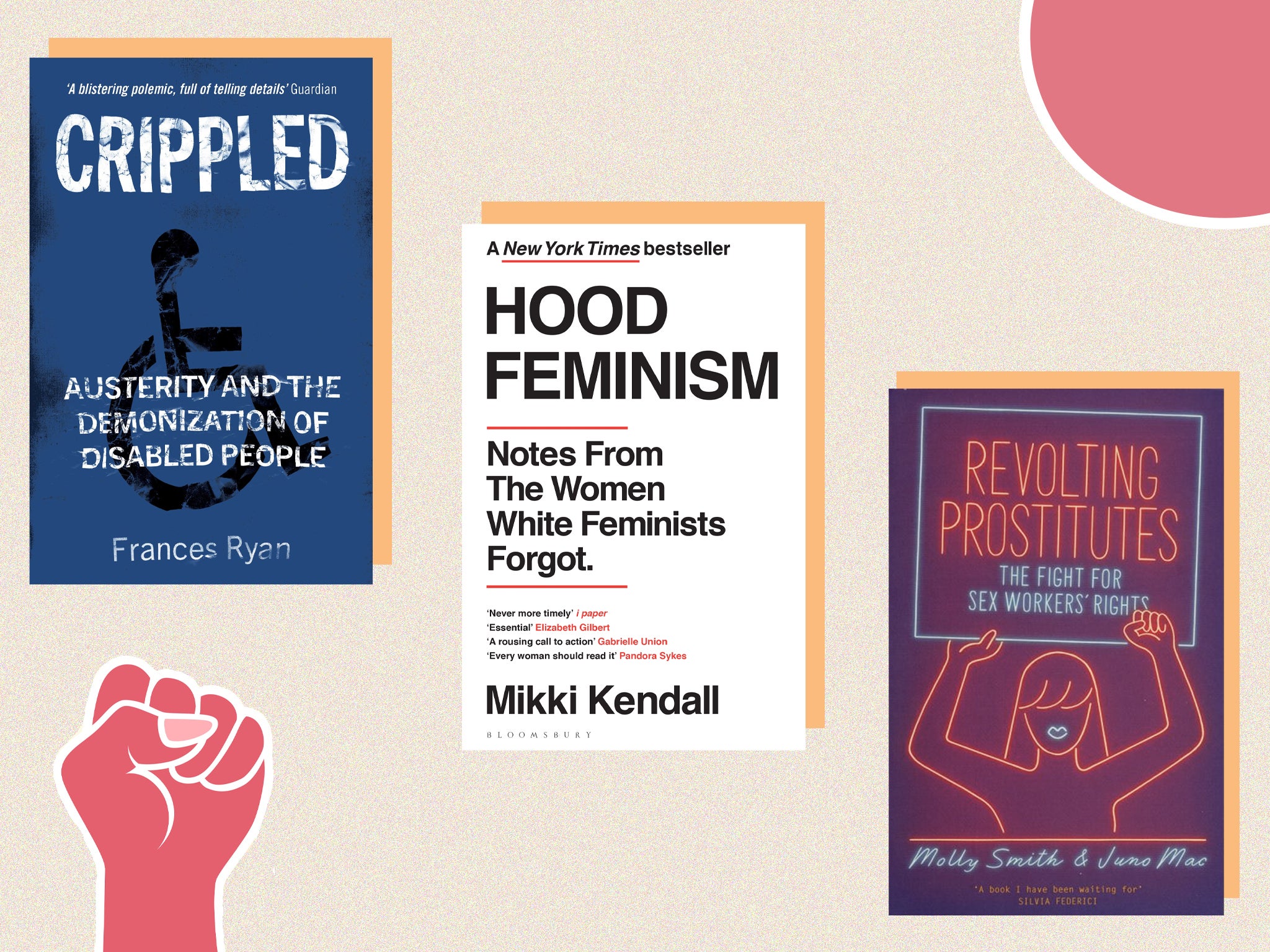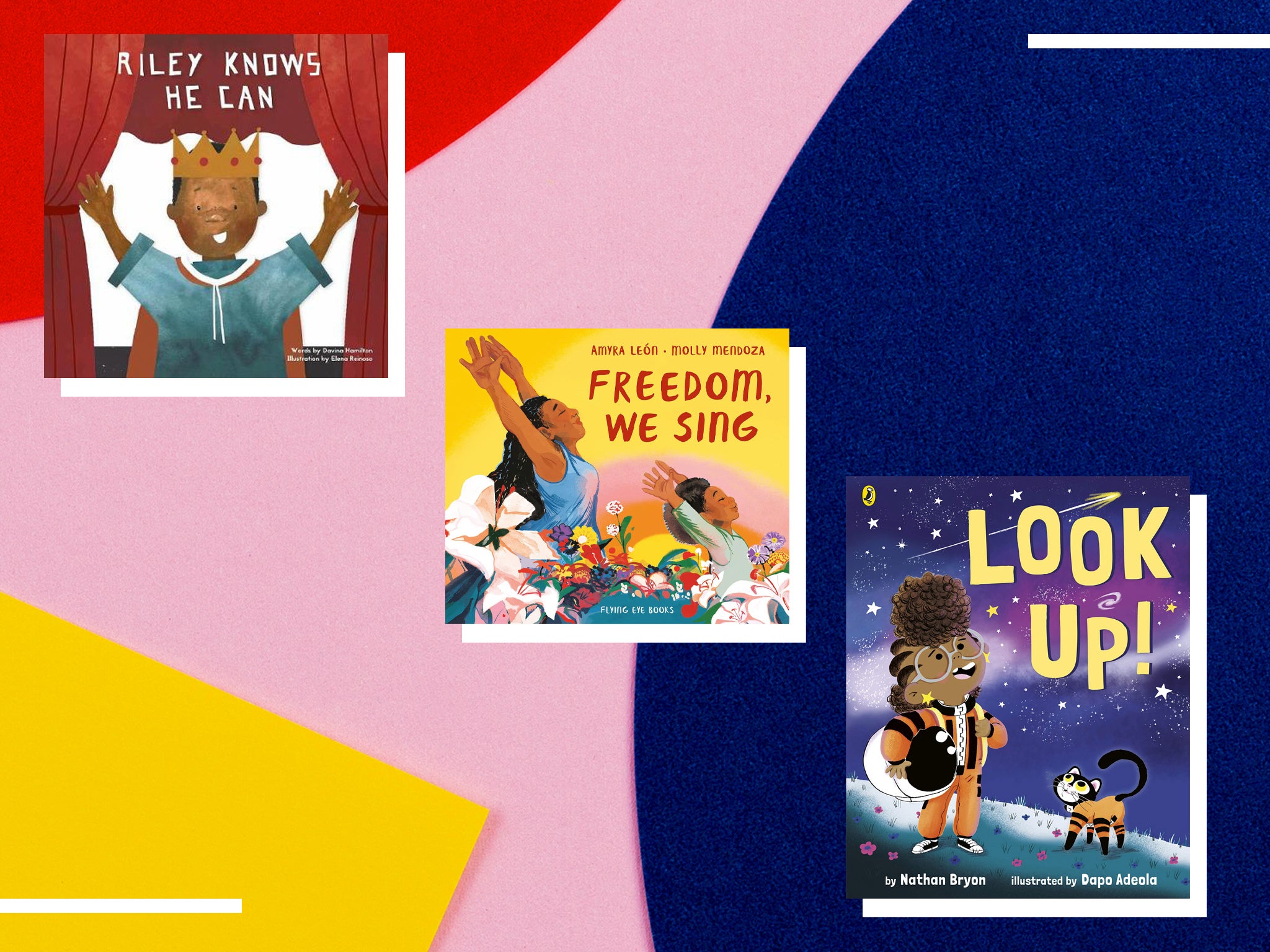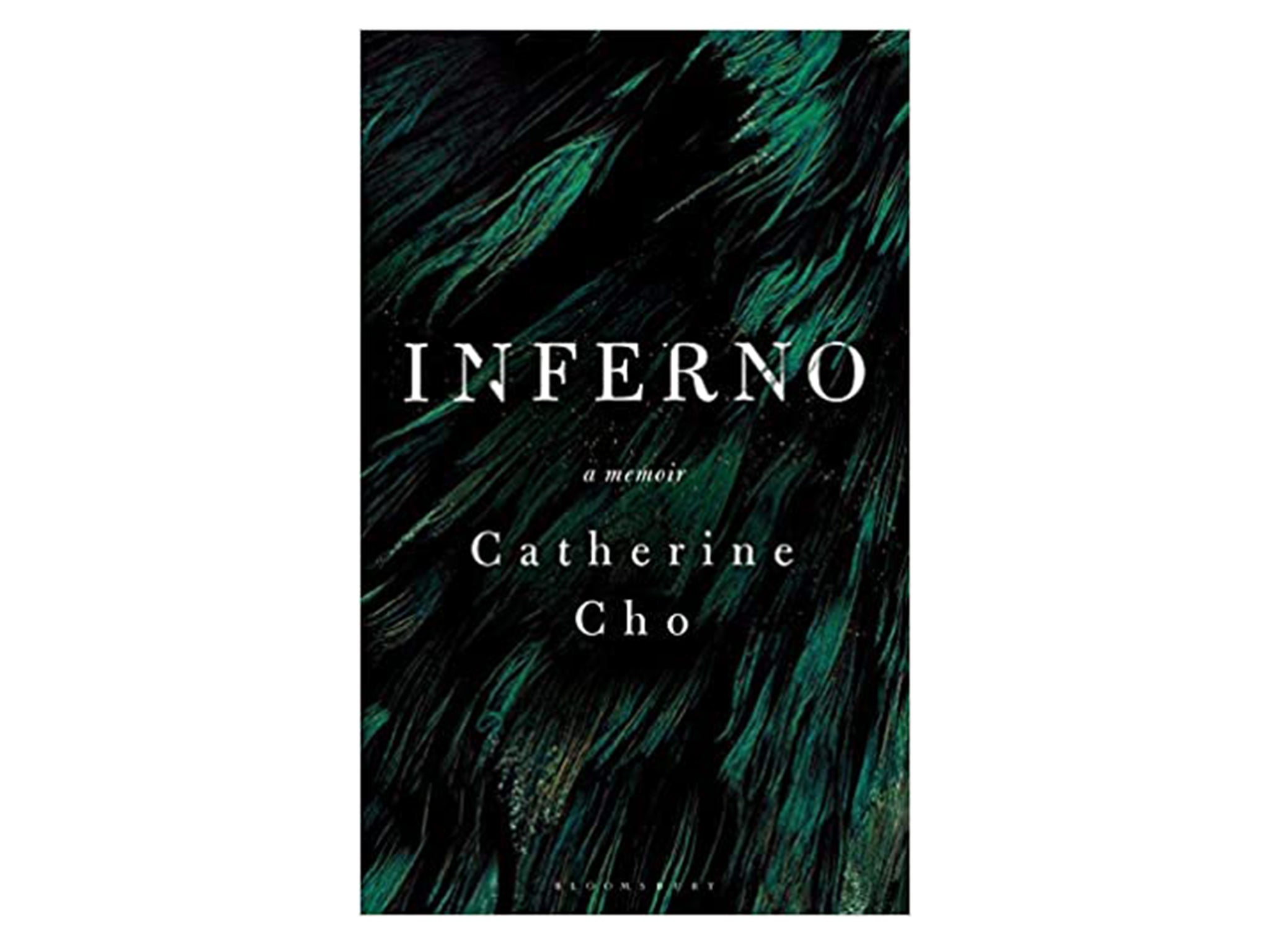
The Independent's journalism is supported by our readers. When you purchase through links on our site, we may earn commission. Why trust us?
Jhalak Prize 2021: The longlist books you need to read
Join us in championing and supporting writers from across Britain by reading these remarkable titles
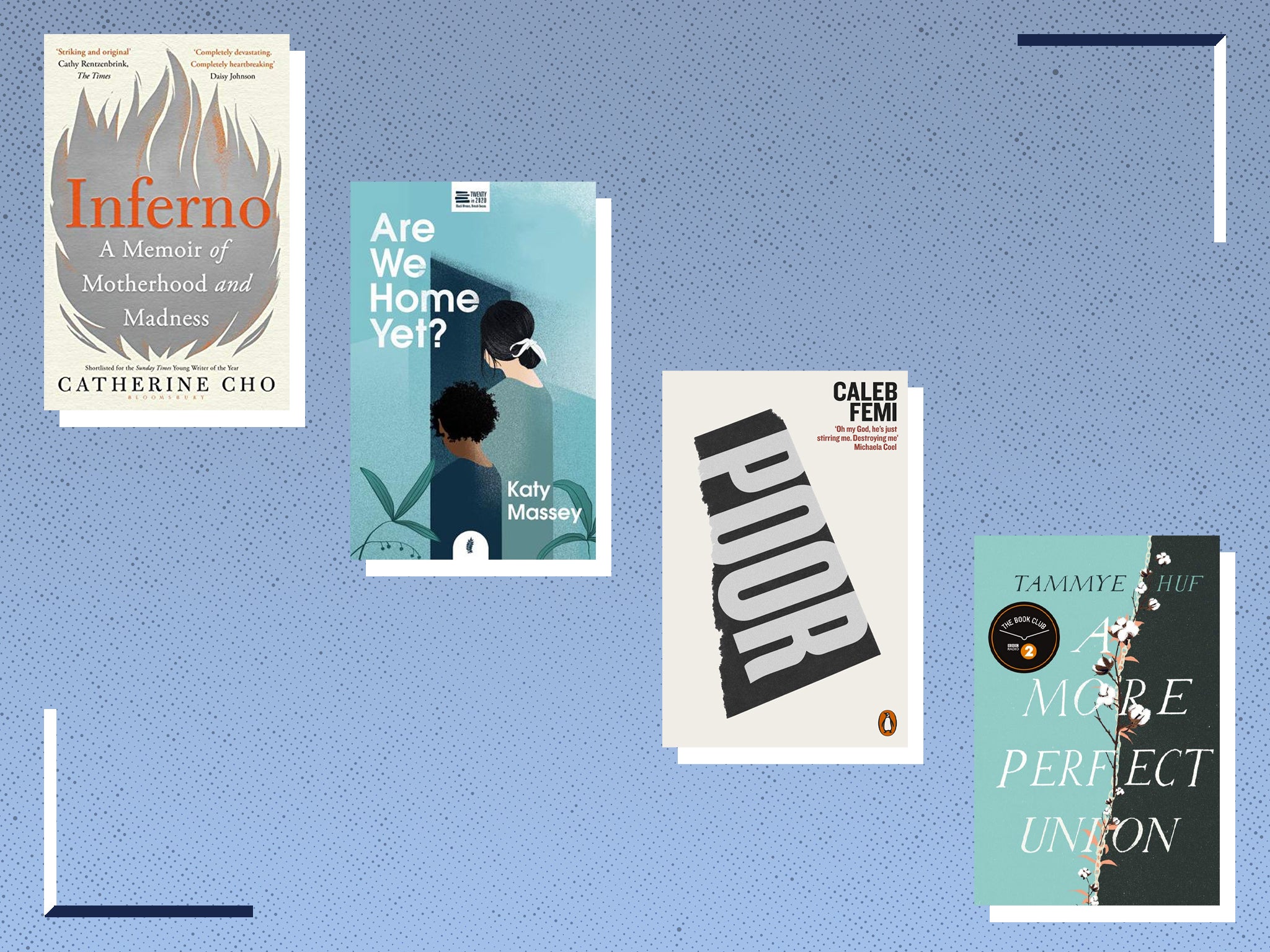
 ‘Inferno: A Memoir of Motherhood and Madness' by Catherine Cho, published by Bloomsbury CircusRead review£16
‘Inferno: A Memoir of Motherhood and Madness' by Catherine Cho, published by Bloomsbury CircusRead review£16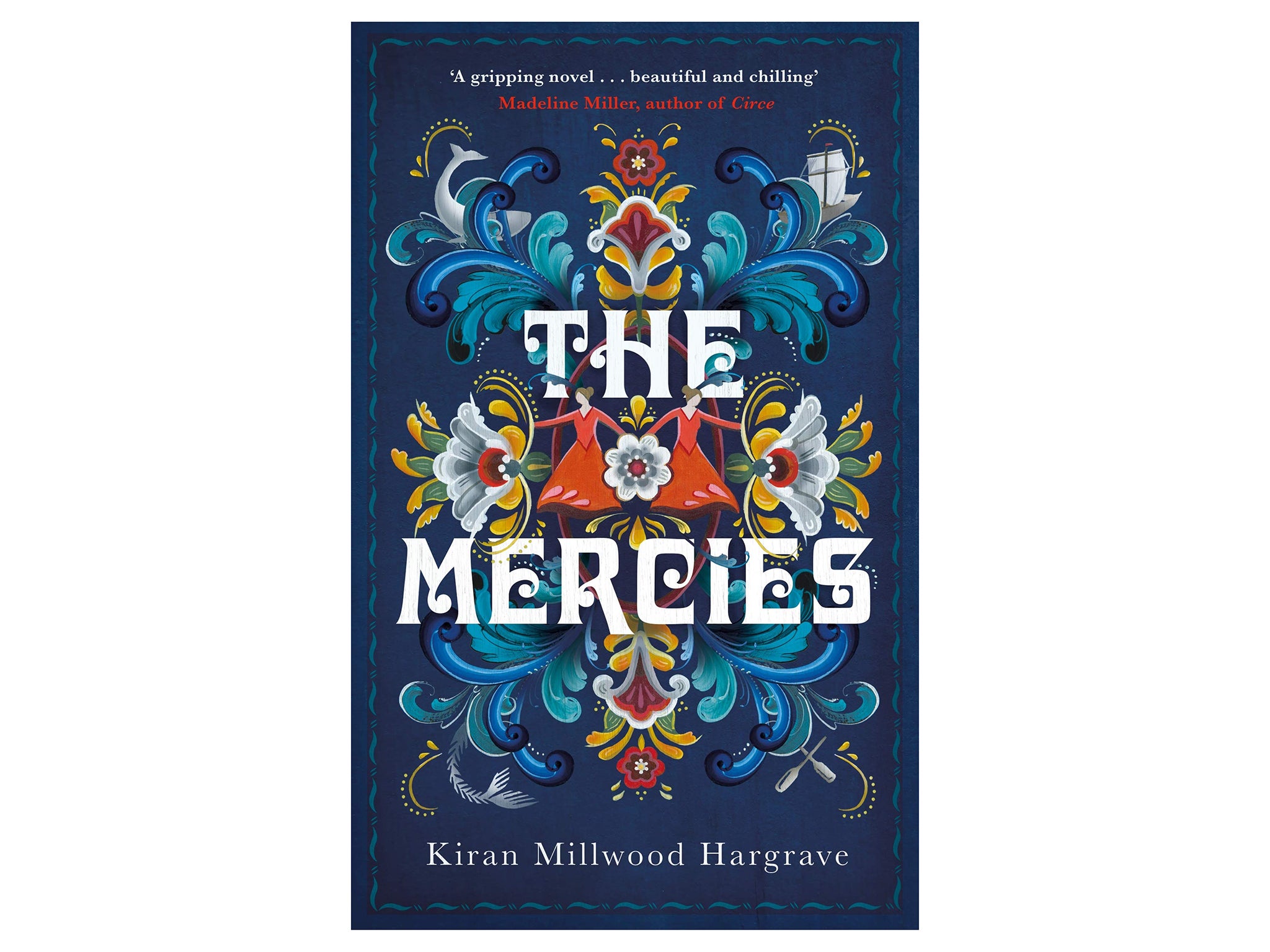
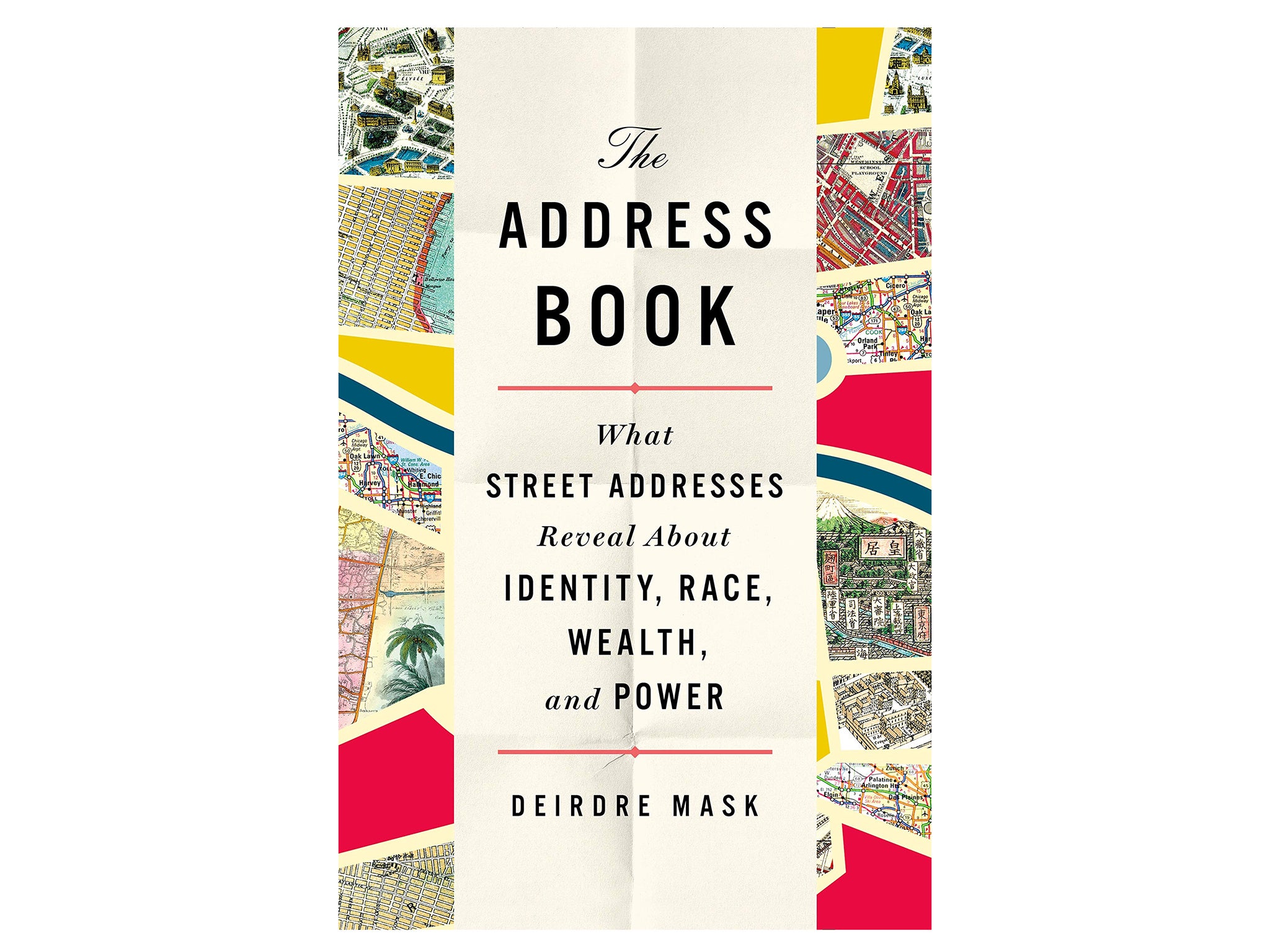 ‘The Address Book: What Street Addresses Reveal About Identity, Race, Wealth, and Power’ by Deirdre Mask, published by Profile BooksRead review£5
‘The Address Book: What Street Addresses Reveal About Identity, Race, Wealth, and Power’ by Deirdre Mask, published by Profile BooksRead review£5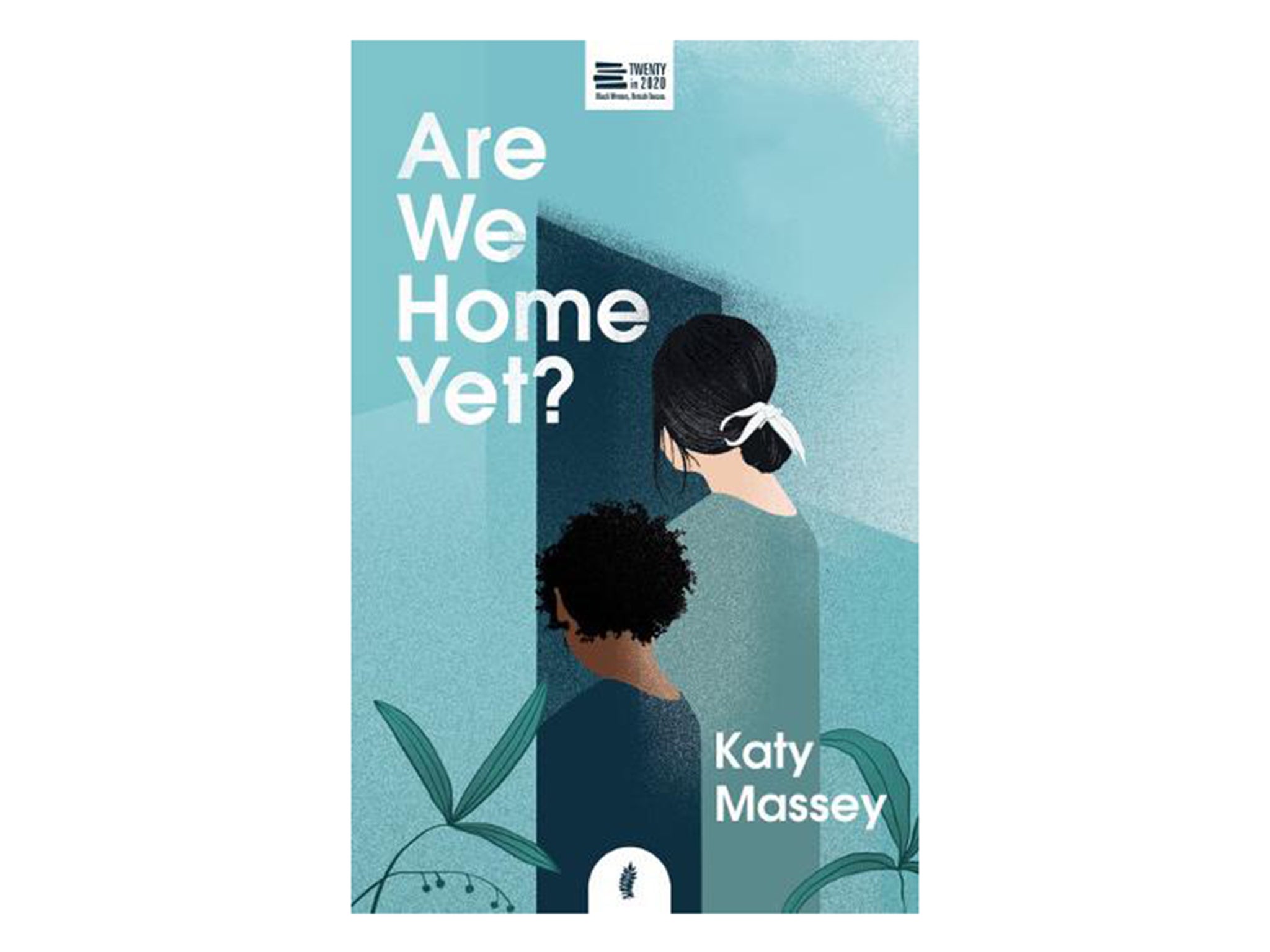
The Jhalak Prize has announced its longlist for the annual prize for the book of the year by a writer of colour. The prize was established in 2016 by authors Sunny Singh and Shukla along with Media Diversified and celebrates British and British resident minority ethnic writers from across a range of genres, including fiction, non-fiction, short stories, graphic stories.
Counting Reni Eddo-Lodge’s Why I’m No Longer Talking to White People About Race and Johnny Pitts’s Afropean among its previous winners, the prize aims to combat the lack of diversity in the publishing industry.
Read more: What the IndyBest team have been reading and loving in lockdown
The 12 titles on this year’s longlist were selected by a panel of three judges, all of whom are authors, Yvonne Battle-Felton, Louise Doughty and Peter Kalu. The shortlist will be announced on 13 April before the winner is crowned on 25 May, who will be awarded £1,000 and a unique work of art created for the prize by arts of colour under the Jhalak Art Residency.
When talking about the longlist, prize director Sunny Singh said: “Despite the pandemic and the grim past year, we received a record number of submissions, nearly a third more than in 2020.”
Despite the fact that more books are being published by writers of colours, Singh notes that “this is not a moment for complacency, especially since the pandemic has disproportionately impacted communities — and writers — of colour, there is much reason to celebrate. And celebrate we must, and shall!”
The diversity movement in literature is nothing new, readers and writers alike have long since raised awareness of the lack of representation of marginalised voices in books. So, join us in championing and supporting minority ethnic writers from across Britain by reading these remarkable books.
You can trust our independent round-ups. We may earn commission from some of the retailers, but we never allow this to influence selections. This revenue helps us to fund journalism across The Independent.
‘Inferno: A Memoir of Motherhood and Madness' by Catherine Cho, published by Bloomsbury Circus

This memoir tells Cho’s experiences of postpartum psychosis and her spell on a psychiatric ward when her baby was three months old. Touching on her relationship with her abusive ex-boyfriend and her marriage with James, it’s a story of Cho as she navigates reconstructing herself.
‘The Mercies’ by Kiran Millwood Hargrave, published by Picador

Inspired by the little-known event – the 1617 storm that hit the fishing town of Vardo in Norway, which wipes out the men, meaning women are left to fend for themselves. The Mercies is said to be a beautifully vivid story that covers a lot of ground, including self-sufficiency as a woman and sexual suspicion during the 17th-century.
‘The Address Book: What Street Addresses Reveal About Identity, Race, Wealth, and Power’ by Deirdre Mask, published by Profile Books

In many areas across the world, an address is more than just a series of numbers and letters. Rather, it can reveal information about race, class and identity. The Address Book illuminates the issues associated with how streets and addresses have been created, exploring how Nazis haunt the modern streets in Germany, for example. It also discusses how not having an address can prevent you from having your basic necessities, including a passport or applying for a job.
‘Are We Home Yet?’ by Katy Massey, published by jacaranda

Set between 1935 and 2010, this is the story of Katy and her mother after she accidentally discovers that her mum is earning money as a sex worker at their family home. From Canada to Leeds and Jamaica, it touches on themes of family, class, identity and shame as the pair try and understand one another.
